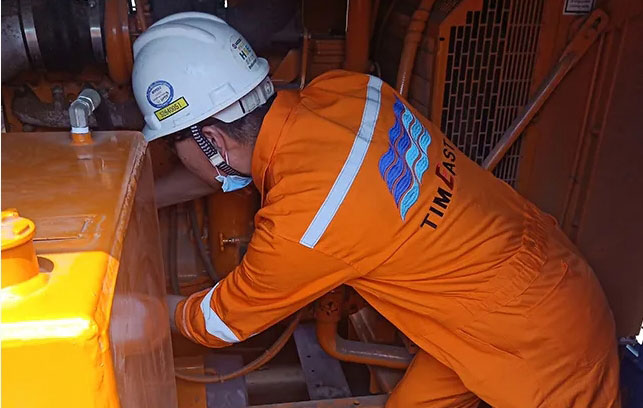May. 23, 2023
Business Services
In various industries, ensuring the integrity of seals is crucial for maintaining safety, reliability, and efficiency. From automotive components to medical devices, a flawed seal can lead to catastrophic consequences. In the pursuit of perfection, one method has gained significant attention: N2 He leak testing. This article delves into the significance of N2 He leak testing and explores whether it truly holds the key to ensuring perfect seals.

Understanding N2 He Leak Testing:
N2 He leak testing, also known as nitrogen-helium leak testing, is a sophisticated technique employed to detect and measure minute leaks in sealed systems. It involves pressurizing a test object with a mixture of nitrogen (N2) and helium (He) gases, and then using sensitive detectors to locate and quantify any leaks.
The Strengths of N2 He Leak Testing:
Sensitivity: One of the primary advantages of N2 He leak testing is its exceptional sensitivity. The helium gas, being the smallest atomic element, can penetrate even the tiniest openings. This enables the identification of leaks as small as a few microns, ensuring a high level of accuracy in detecting flaws that may otherwise go unnoticed.
Versatility: N2 He leak testing can be applied to a wide range of industries and applications. It is commonly used in sectors such as automotive, aerospace, electronics, pharmaceuticals, and more. From engine components and refrigeration systems to packaging and medical devices, the technique proves its versatility across diverse sealing requirements.
Speed and Efficiency: With advances in technology, N2 He leak testing has become faster and more efficient. Automated systems can carry out testing procedures swiftly, saving time and reducing production bottlenecks. The ability to perform both qualitative and quantitative analysis further enhances its efficiency, aiding in pinpointing the exact location and size of leaks.
Non-Destructive: Unlike destructive testing methods that may damage the test object, N2 He leak testing is a non-destructive technique. It allows for comprehensive inspection without compromising the integrity of the seal or the overall structure. This aspect is particularly valuable for delicate components or products that need to be tested without alteration.
The Limitations and Alternatives:
While N2 He leak testing offers numerous benefits, it is important to consider its limitations. The primary drawback is the cost associated with equipment and skilled personnel required for this method. Additionally, the complexity of the process necessitates careful calibration and setup to ensure accurate results.
Alternatives to N2 He leak testing include other leak detection methods such as bubble testing, pressure decay testing, and mass spectrometry. Each technique possesses its own set of advantages and limitations, and the choice depends on factors such as the desired sensitivity, cost, production volume, and application requirements.
Conclusion:
In the quest for perfect seals, N2 He leak testing emerges as a promising technique that combines sensitivity, versatility, and efficiency. While it does have its limitations, its ability to detect extremely small leaks makes it a valuable tool in industries where seal integrity is critical. By investing in the right equipment and training, organizations can benefit from the precision and reliability offered by N2 He leak testing, thereby enhancing quality control and ensuring safer, more reliable products.
Previous: Why are Flange Management, Leak Tests, and Pipe Cleaning Critical for Pipeline Performance?
Next: The History of Glass Cups: From Ancient Egypt to Modern Times
Related Articles
If you are interested in sending in a Guest Blogger Submission,welcome to write for us!
All Comments ( 0 )